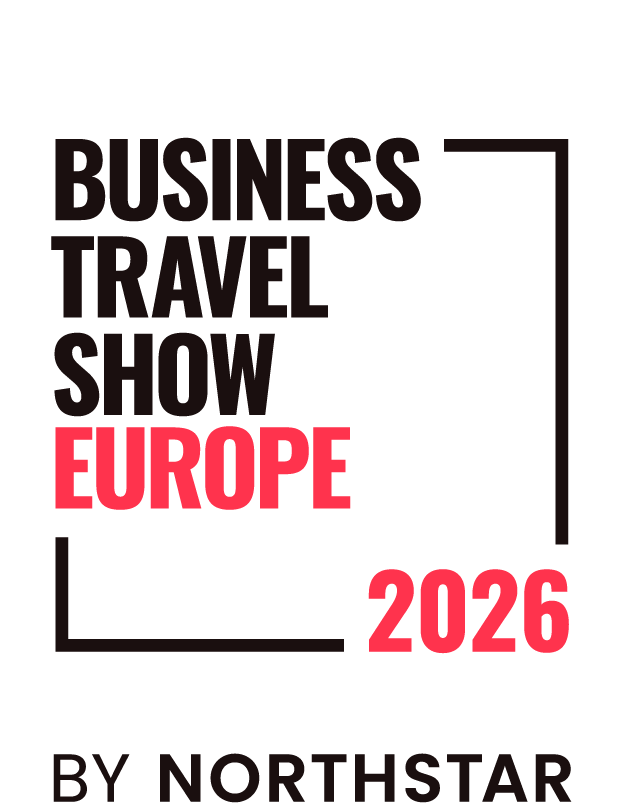Trump Tariffs 2025: The Rising Costs for European Business Travel
)
- Original Contribution by: Jonathan Carter-Chapman, Marketing Director, Northstar Travel Group
- Published: May 2025
- Topics: Corporate Travel, Tariffs, Global Politics, Business Travel Costs
- Read Time: 8 mins
Quick Summary
With Donald Trump’s proposed 2025 tariffs threatening to shake up international trade once again, corporate travel managers are facing the reality of rising costs, shrinking budgets, and increasing pressure to justify every business trip.
In this article, we explore how new trade agreements, tariff proposals, and wider economic impacts could reshape the European business travel sector - highlighting the ripple effects across airlines, accommodation and booking platforms, and what travel managers can do to respond with resilience and strategy.
The Return of Tariffs - What’s Happening in 2025
Donald J. Trump’s second presidential term is bringing a familiar agenda: tough tariffs aimed at reviving domestic manufacturing and reducing reliance on foreign imports. In 2025, proposals have emerged targeting European automotive exports, tech components, and even aviation-related goods. These steep tariffs, alongside additional tariffs under consideration, could lead to retaliatory measures from the EU, sparking fears of a broader trade war.
For corporate travel stakeholders, this political volatility stretches far beyond shipping containers. The cost of tariffs and the uncertainty around minimum tariff rates may impact the flow of people as much as products - especially business travellers who rely on smooth international mobility for trade shows, in-person negotiations, and high-level collaboration. As the United States repositions its stance on trade agreements, European firms must now rethink the way they engage with the American economy.
The Cost Conundrum - How Tariffs Are Driving Up Business Travel Expenses
Tariffs introduce a chain reaction that eventually touches nearly every part of a business trip. Here's how:
Air Travel
Tariffs on aircraft parts, aviation fuel, and related imports are likely to drive up airline operational costs. These cost increases are commonly passed on to consumers, resulting in noticeable price increases on long-haul and transatlantic routes. Business travellers booking premium fares or travelling at short notice are expected to feel the brunt of these changes.
Hotels & Accommodation
Hospitality providers - particularly those operating in major U.S. cities—may face elevated expenses due to the higher cost of imported goods and materials. This could translate into higher nightly rates or reduced service levels in cities like New York, Washington DC, and Chicago, further exacerbating the financial burden on European firms doing business in the United States.
Ancillaries & Services
From car rentals to insurance and ground transport, suppliers may adjust their pricing to offset the economic impacts of tariffs. Where these services are included in TMC bundles, the increases may be less visible but still carry potential impacts over time.
The European Angle - What It Means for Corporates
European businesses - particularly those in tech, finance, and export-led sectors - depend heavily on the ability to travel to the U.S. for partnership building, investor meetings, compliance audits, and trade negotiations. The cost of tariffs and uncertainty over trade agreements now place these activities under pressure.
Reduced Travel Frequency
The cost per trip may increase enough to force businesses to reduce the number of international journeys. That could mean fewer face-to-face meetings, delayed deal-making, and less presence at key trade events like CES, SXSW, or regional leadership summits.
Shifting Markets
In light of the current U.S. trade stance, some firms may look beyond the American economy, focusing instead on Asia-Pacific or Middle Eastern markets, where tariffs and regulatory hurdles may be less severe for now.
Impact on SME Competitiveness
Large corporations may be able to absorb these cost pressures, but SMEs entering the U.S. market will likely feel a disproportionate effect. For many, these additional tariffs could act as a barrier to growth, with fewer opportunities to establish overseas presence or close deals in person.
Coping Mechanisms - Managing Rising Corporate Travel Costs
The good news? With a data-led, flexible approach, businesses can protect their travel budgets even amid major geopolitical shifts. Here’s what leading firms are doing now:
1. Revise Your Corporate Travel Policy
Ensure your policy aligns with the new economic climate. Limit premium-class travel to long-haul or strategic trips, mandate advance booking, and set clearer per diem thresholds.
2. Centralise & Consolidate Spend
A Travel Management Company (TMC) can support spend tracking, vendor negotiation, and increased visibility - especially when adapting to cost pressures related to Donald J. Trump’s tariff strategy.
3. Adopt a Hybrid Travel Strategy
Blend in-person and virtual engagements where possible to limit the financial exposure caused by additional tariffs and airline price increases.
4. Engage Procurement Teams
Tighten supplier relationships and ask the hard questions: Can they provide tariff-resistant options? Are fixed pricing structures negotiable?
5. Leverage Sustainable Travel
What’s greener often costs less. Consider rail for intra-European travel, offset carbon where possible, and partner with suppliers that incentivise sustainability.
The Outlook - What’s Next for Business Travel Decision-Makers?
With the U.S. entering a new phase of trade protectionism under Donald Trump, the potential impacts on international business travel cannot be overstated. Companies must act now to model different scenarios, assess cost implications, and update internal planning tools accordingly.
Key priorities for 2025 include:
-
Scenario Planning - Factor in best- and worst-case tariff applications and their effects on supplier pricing.
-
Supplier Diversification - Mitigate risk by expanding beyond high-tariff regions or services.
-
People-First Strategies - Keep travelling staff informed and engaged with open communication on cost control and policy changes.
Frequently Asked Questions
Further Reading
- Streamlining Travel Expenses: Tools and Best Practices for 2025
- 5 Smart Cost Saving Strategies for Corporate Travel Spends in 2025
- The 2025 guide to corporate travel management
- The 8 best business travel tools for 2025



